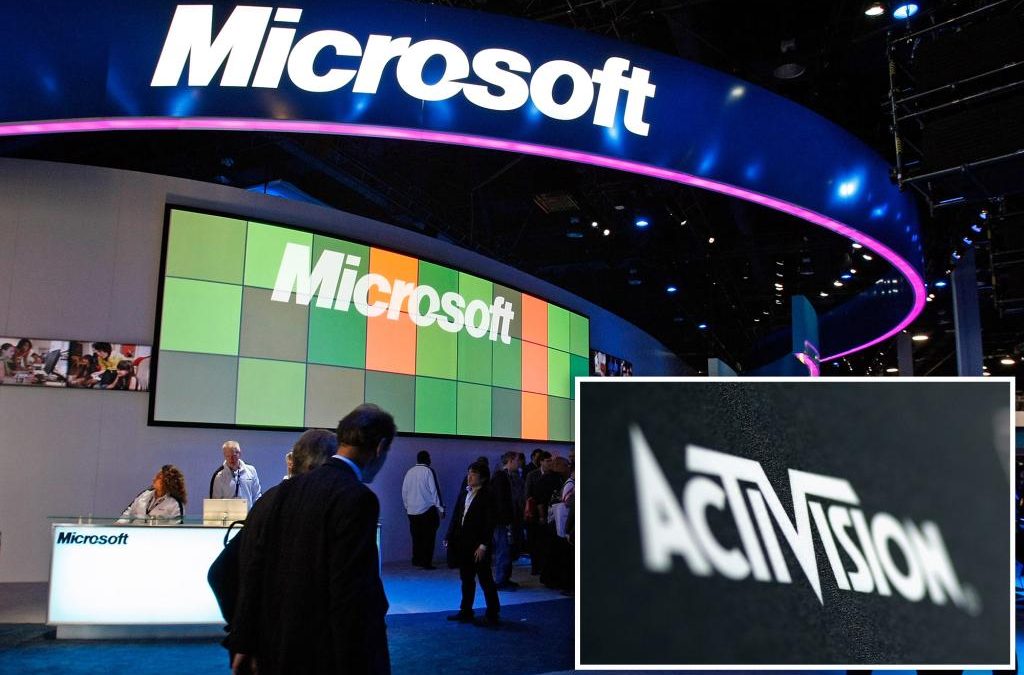European Union regulators on Monday approved Microsoft’s $69 billion bid to acquire video gaming firm Activision Blizzard — giving the mega-deal a boost after it hit roadblocks in the US and the UK.
The EU made the decision two weeks after UK regulators quashed the deal over fears that it would hurt competition. The Federal Trade Commission voiced similar antitrust complaints in blocking the deal in the US last December.
However, EU officials gave Microsoft the green light after the maker of the Xbox gaming console agreed to ensure that rival companies would continue to have access to Activision-developed games, including the ultra-popular “Call of Duty,” “World of Warcraft” and “Candy Crush.”
The modified agreement also ensures that Microsoft will bring all Activision games — “current and future” — to any cloud game streaming service, the European Commission (EC) — EU’s executive arm — said in a statement.
“Ultimately, the commitments will unlock significant benefits for competition and consumers, by bringing Activision’s games to new platforms, including smaller EU players, and to more devices than before,” the commission said.
The heads of Microsoft and Activision cheered the EU decision.
“The European Commission has required Microsoft to license popular Activision Blizzard games automatically to competing cloud gaming services. This will apply globally and will empower millions of consumers worldwide to play these games on any device they choose.” Microsoft Vice Chair and President Brad Smith told the Post.
Activision CEO Bobby Kotick said: “Europe has played a pivotal role in the development of gaming, especially mobile gaming, and we expect European game developers will continue to drive growth and innovation.”
Activision stock was up nearly 1%, while Microsoft rose 0.26%.
The deal would position Microsoft as the third-largest gaming company in the world by revenue, topped only by Tencent and Sony, respectively, and push Apple down to the No. 4 spot.
However, the UK’s competition authority on Monday reiterated its decision to reject the deal, The Wall Street Journal reported. It also criticized the EU’s ruling, saying it would allow Microsoft to set the market’s terms and conditions for the next decade, according to the outlet.

Many insiders were shocked by the UK’s Competition and Markets Authority’s April decision, as Microsoft executives had become confident they were going to win UK support and complete the merger despite opposition from the Federal Trade Commission.
Microsoft has until next week to file an appeal of the UK decision.
The Federal Trade Commission has scheduled a hearing for the case in its administrative court for August.
Microsoft’s chances of success in legal challenges to the FTC and the UK “probably doesn’t change much” despite the EU decision, according to Bloomberg Intelligence analyst Jennifer Rie, the outlet reported.
Source




